Earthquakes
There are things you can do now to prepare for an earthquake:
- Secure items such as televisions and objects that hang on walls. Store heavy and breakable objects on low shelves.
- Practice Drop, Cover, and Hold On with family and coworkers. Drop to your hands and knees. Cover your head and neck with your arms. Crawl only as far as needed to reach cover from falling materials. Hold on to any sturdy furniture until the shaking stops.
- Create a family emergency communication plan that has an out-of-state contact. Plan where to meet if you get separated.
- Make a supply kit that includes enough food and water for at least three days, a flashlight, a fire extinguisher, and a whistle.
- Consider each person’s specific needs, including medication. Do not forget the needs of pets.
- Have extra batteries and charging devices for phones and other critical equipment.
- Consider earthquake insurance policies. Standard homeowner’s insurance does not cover
earthquake damage. - Consider a retrofit of your building if it has structural issues that make it vulnerable to collapse during an earthquake.
During an earthquake, follow these tips for safety:
- Drop, Cover, and Hold On like you practiced. Drop to your hands and knees. Cover your head and neck with your arms. Hold on to any sturdy furniture until the shaking stops.
- Crawl only if you can reach better cover without going through an area with more debris.
- If in bed, stay there and cover your head and neck with a pillow.
- If inside, stay there until the shaking stops. DO NOT run outside.
- If in a vehicle, stop in a clear area that is away from buildings, trees, overpasses, underpasses, or utility wires.
- If you are in a high-rise building, expect fire alarms and sprinklers to go off. Do not use elevators.
- If near slopes, cliffs, or mountains, be alert for falling rocks and landslides.
Use the following tips to stay safer after an earthquake:
- Expect aftershocks to follow the largest shock of an earthquake sequence.
- Check yourself for injury.
- If in a damaged building, go outside and quickly move away from the building.
- Do not enter damaged buildings.
- If you are trapped, send a text or bang on a pipe or wall. Cover your mouth for protection and instead of shouting, use a whistle.
- Save phone calls for emergencies.
- Wear sturdy shoes and work gloves.
Additional Resources
Earthquake Preparedness What Every Child Care Provider Needs to Know (ready.gov)
FEMA Earthquake Safety at Home
ShakeOut Earthquake Guide for People with Disabilities
Great ShakeOut Earthquake Drills - Select Your ShakeOut Region
Earthquake Hazards Program | U.S. Geological Survey (usgs.gov)
Earthquake Safety | Earthquake Preparedness | Red Cross
Earthquakes and Tsunami (weather.gov)
Earthquakes | Natural Disasters and Severe Weather | CDC
An Asbestos Natural Disaster Guide | Wildfires & More
Montana DES, DNRC, DEQ, DPHHS, MDT, and Department of Commerce post health and safety information, situation updates, and travel information on their Facebook accounts. Follow these state agencies on social media for current updates on conditions.

